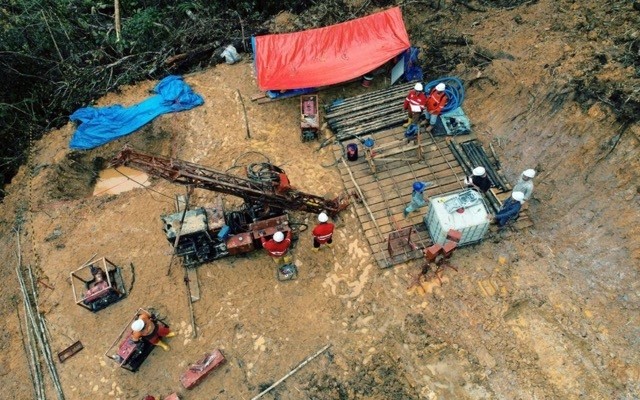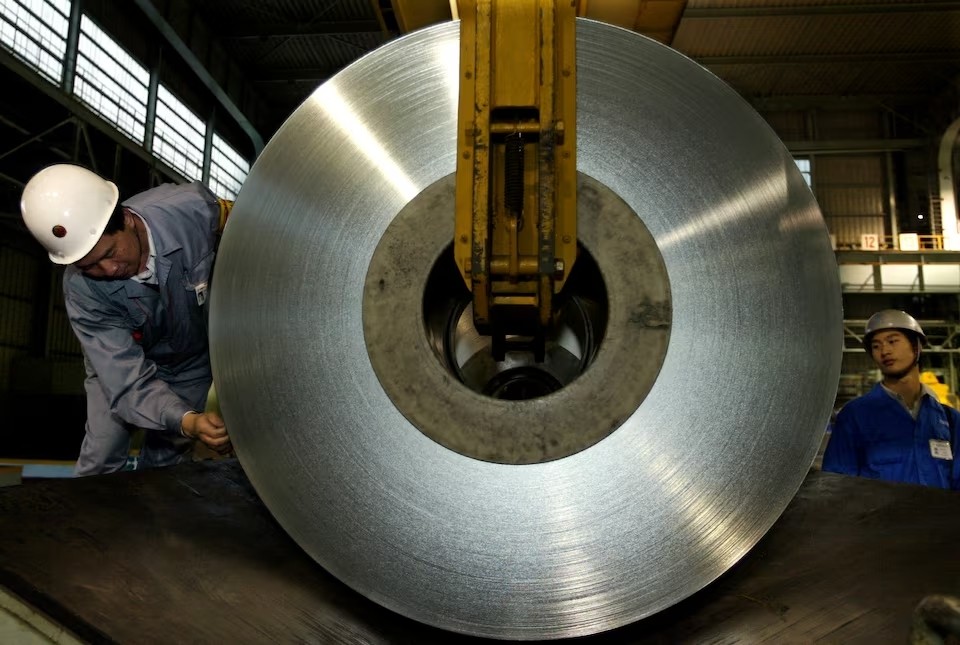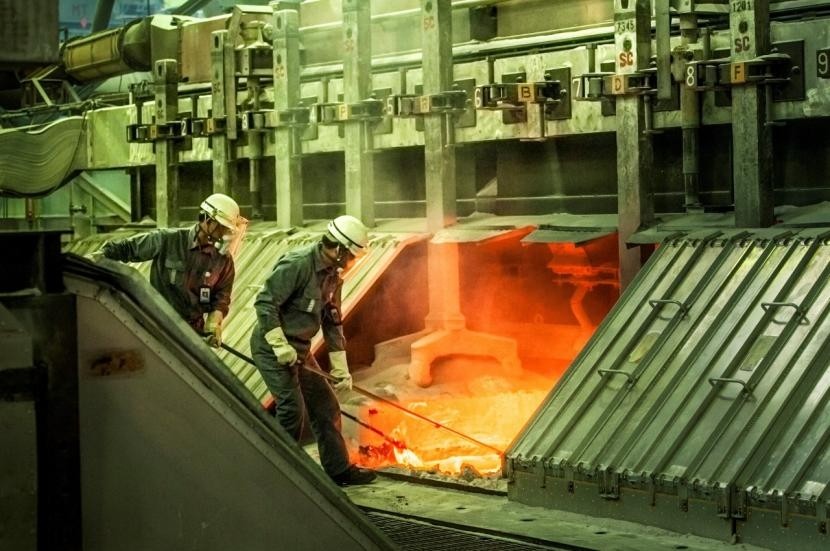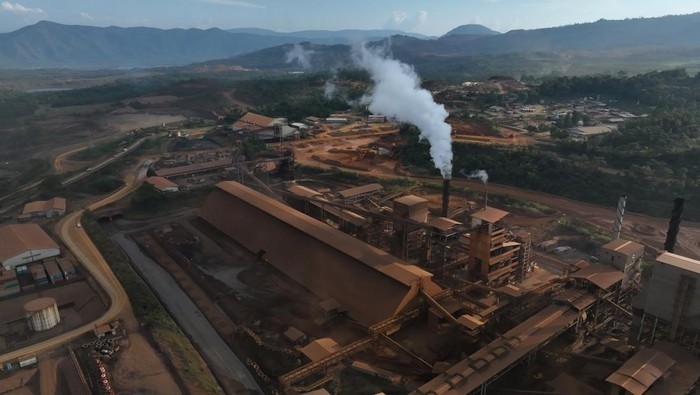Bonanza grade mineralisation has been confirmed at Far East Gold’s (ASX: FEG) Woyla project in Indonesia, with preliminary assays from the first-ever drilling program at the project returning up to 78 grams per tonne gold and 631g/t silver.
Far East is the first company to ever gain permission to drill Woyla and kicked-off the maiden program in September.
Initial assays reveal three separate discovery holes had intercepted bonanza grade mineralisation at the Anak Perak and Rek Rinti vein systems within the project.
Far East chief executive officer Shane Menere said the company was “very excited” to produce a discovery hole in three different veins from two separate systems.
“This confirms our belief that Woyla has the potential to host a significant high-grade epithermal gold-silver resource.”
“Our aim is to advance these discoveries to a maiden JORC resource estimate as quickly as possible,” Mr Menere added.
Notable results at the Rek Rinti vein were 0.5m at 78g/t gold and 631g/t silver from 108.6m, and 1m at 59g/t gold from 192m.
Other highlight Rek Rinti intercepts comprised 13m at 4.9g/t gold and 68.6g/t silver from 98m, including 7.6m at 8.1g/t gold and 113.8g/t silver from 102.4m.
Over at the Anak Perak vein, better results were 10.75m at 3.2g/t gold and 10.4g/t silver from 49.35m, including 3.5m at 7.8g/t gold and 17.5g/t silver from 53.3m.
Within this was a 0.3m interval grading 24.91g/t gold and 25.2g/t silver from 53.2m.
Mr Menere noted the mineralised zones intercepted remained open along strike and at depth.
Under the phase one drilling program, the first 17 holes of a planned 20-hole campaign were completed at the Anak Perak Main Zone, with drilling totalling 2,312.2m.
Assays are pending for several of the holes completed at Anak Perak, with the remainder of the program continuing.
At Rek Rinti, eight holes have been drilled for 1,218.6m, with about 1,000m left to be undertaken.
Far East expects drilling will be finished by the end of the year, with results to feed into resource definition drilling.
Image source: Woyla Project








